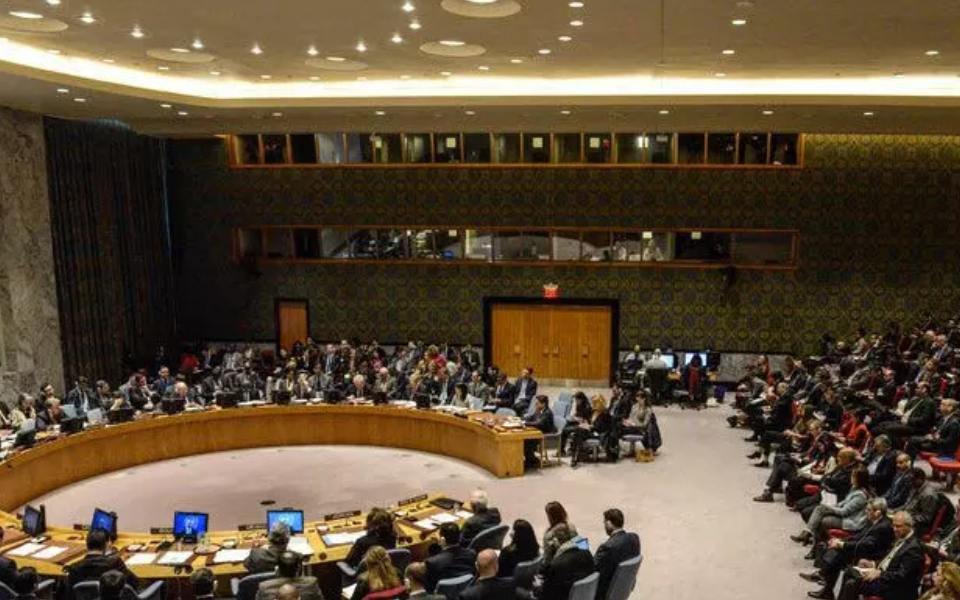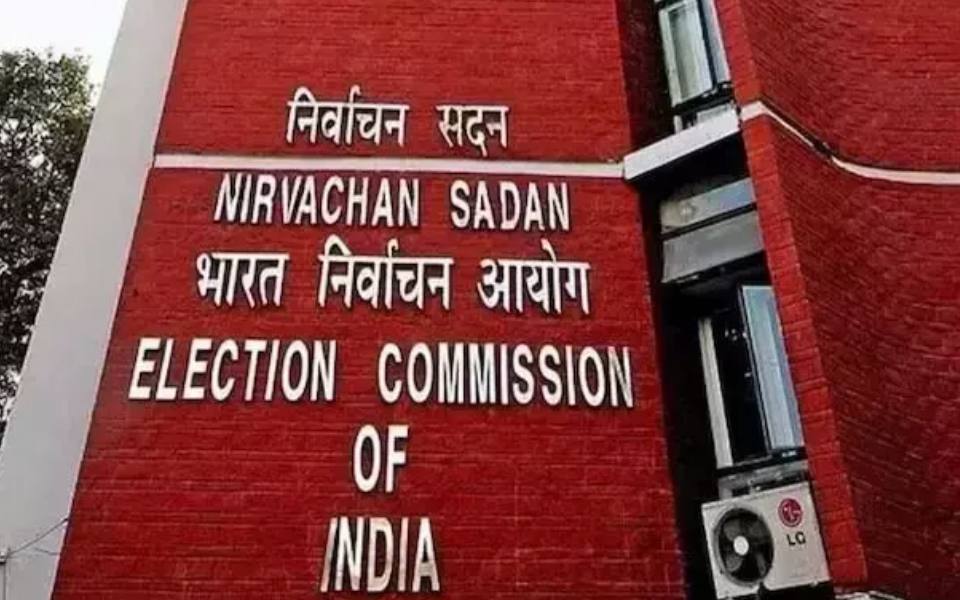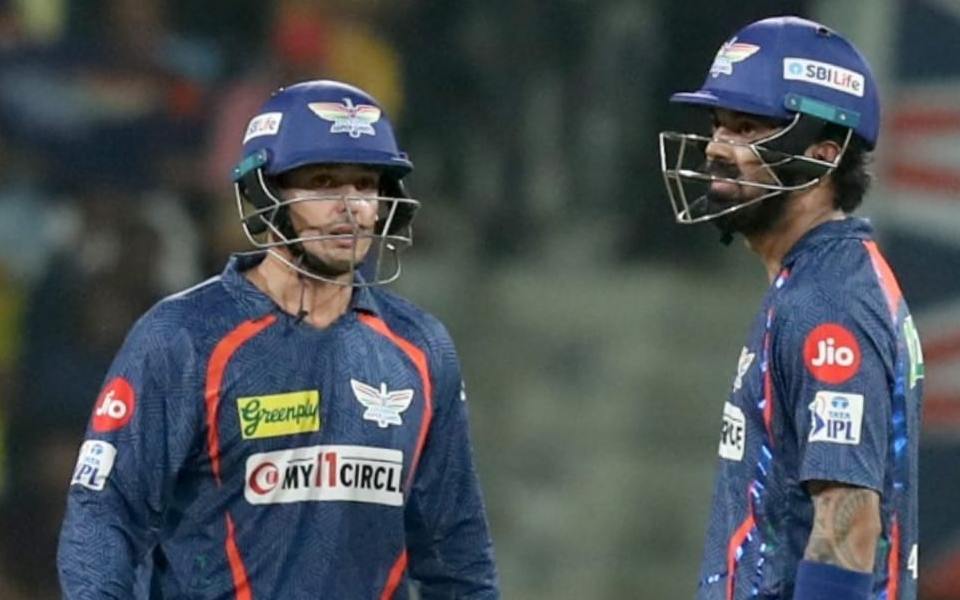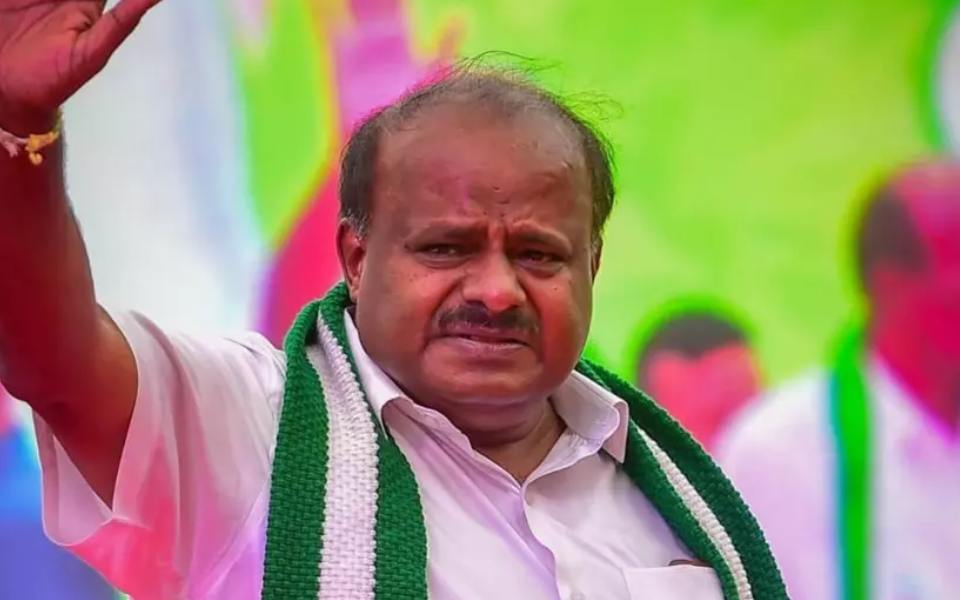New Delhi, Dec 4: Billionaire Mukesh Ambani's Reliance Jio will raise mobile call and data charges by up to 39 per cent from December 6 through its all-in-one plans, which still will be an estimated 15 to 25 per cent cheaper than rivals'.
The all-in-one plans will provide at least 1.5 GB per day of data and increased number of offnet calls, the company said in a statement.
The tariff hike, which is planned to match similar increases by rival Bharti Airtel and Vodafone Idea Ltd earlier this week, give 300 per cent more benefits, it said.
"Further to its last statement dated 1st December 2019, Jio...announced the new 'All-in-One plans'. These plans will provide up to 300 per cent more benefits to the Jio consumers. These plans will go-live on 6th December 2019," Jio said in a statement.
The company on December 1 has announced that it will raise mobile plans rates by up to 40 per cent.
According to the new tariff plans, Jio customers will have to pay Rs 555 for 84-day validity and 1.5 GB of data per day, which is 39 per cent higher than the earlier plan of Rs 399 offering similar benefits.
The company has raised the price of Rs 153 plan to Rs 199; Rs 198 plan to Rs 249; Rs 299 plan to Rs 349; Rs 349 plan to Rs 399; Rs 448 to Rs 599; Rs 1,699 plan to Rs 2199, and Rs 98 plan to Rs 129.
The Rs 199 plan, a 28-day validity plan that offers 1.5GB data per day, is about 25 per cent cheaper than the plans of rivals offering similar benefits at a price of around Rs 249.
Bharti Airtel and Vodafone Idea have already raised mobile services rates by up to 50 per cent effective December 3.
Reliance Jio new plans come in line with expectation of market analysts that the company will price them lower compared to rivals.
"We think the incremental 300 per cent benefit which Jio is talking about is by offering more data allowances. In our view, it incrementally doesn't entice users much beyond 1.5 GB. Even after these hikes, we believe Jio will continue to be 15-20 per cent cheaper than the incumbent operators," Bank of America Merrill Lynch had said.
Telecom companies' move to raise mobile tariff follows the Supreme Court judgement, on October 24 this year, upholding the government's method of calculating revenue share that it should get from earnings of service providers.
Vodafone Idea last month reported a consolidated loss of Rs 50,921 crore -- the highest ever loss posted by any Indian corporate -- for the September quarter on account of liability arising out of the Supreme Court's order.
The company has estimated liability of Rs 44,150 crore post the apex court order, and made provisioning of Rs 25,680 crore in the second quarter this fiscal.
Vodafone Idea which is reeling under massive debt of around Rs 1.17 lakh crore had earlier cited acute financial stress on the company behind the decision to raise mobile call and data charges.
Bharti Airtel has posted a staggering Rs 23,045 crore net loss for the second quarter ended September 30, due to provisioning of Rs 28,450 crore in the aftermath of the SC ruling on statutory dues.
According to government data, the liabilities in the case of Bharti Airtel add up to nearly Rs 35,586 crore, of which Rs 21,682 crore is licence fee and another Rs 13,904.01 crore is the SUC dues (excluding the dues of Telenor and Tata Teleservices).
The government is currently not considering any proposal on waiver of penalties and interest on outstanding licence fee based on adjusted gross revenue (AGR), or on extending the timelines for telecom companies to pay up their statutory dues.
Let the Truth be known. If you read VB and like VB, please be a VB Supporter and Help us deliver the Truth to one and all.
United Nations, Apr 19: The US has vetoed a resolution in the UN Security Council on the latest Palestinian bid to be granted full membership of the United Nations, an outcome lauded by Israel but criticised by Palestine as “unfair, immoral, and unjustified".
The 15-nation Council voted on a draft resolution Thursday that would have recommended to the 193-member UN General Assembly “that the State of Palestine be admitted to membership in the United Nations.”
The resolution got 12 votes in its favour, with Switzerland and the UK abstaining and the US casting its veto.
To be adopted, the draft resolution required at least nine Council members voting in its favour, with no vetoes by any of its five permanent members - China, France, Russia, the United Kingdom and the United States.
Palestinian attempts for recognition as a full member state began in 2011. Palestine is currently a non-member observer state, a status that was granted in November 2012 by the UN General Assembly.
This status allows Palestine to participate in proceedings of the world body but it cannot vote on resolutions. The only other non-member Observer State at the UN is the Holy See, representing the Vatican.
Israel’s Foreign Minister Israel Katz praised the US for vetoing what he called a “shameful proposal.”
“The proposal to recognise a Palestinian state, more than 6 months after the largest massacre of Jews since the Holocaust and after the sexual crimes and other atrocities committed by Hamas terrorists was a reward for terrorism”, Katz wrote on X, after the US veto.
US Ambassador Robert Wood, Alternative Representative for Special Political Affairs, said in the explanation of the vote at the Security Council meeting on Palestinian membership that Washington continues to strongly support a two-state solution.
“It remains the US view that the most expeditious path toward statehood for the Palestinian people is through direct negotiations between Israel and the Palestinian Authority with the support of the United States and other partners,” he said.
“This vote does not reflect opposition to Palestinian statehood, but instead is an acknowledgement that it will only come from direct negotiations between the parties.”
Wood said there are “unresolved questions” as to whether Palestine meets the criteria to be considered a State.
“We have long called on the Palestinian Authority to undertake necessary reforms to help establish the attributes of readiness for statehood and note that Hamas - a terrorist organisation - is currently exerting power and influence in Gaza, an integral part of the state envisioned in this resolution,” he said, adding that “For these reasons, the United States voted “no” on this Security Council resolution.”
Wood noted that since the October 7 attacks last year against Israel by Hamas, US President Joe Biden has been clear that sustainable peace in the region can only be achieved through a two-state solution, with Israel’s security guaranteed.
"There is no other path that guarantees Israel’s security and future as a democratic Jewish state. There is no other path that guarantees Palestinians can live in peace and with dignity in a state of their own. And there is no other path that leads to regional integration between Israel and all its Arab neighbours, including Saudi Arabia,” he said.
The Palestinian Authority President, Mahmoud Abbas, sharply criticised the US veto, saying that it was “unfair, immoral, and unjustified, and defies the will of the international community, which strongly supports the State of Palestine obtaining full membership in the United Nations.”
Riyad Mansour, Permanent Observer of the State of Palestine, said that “our right to self-determination has never once been subject to bargaining or negotiation.
“Our right to self-determination is a natural right, a historic right, a legal right. A right to live in our homeland Palestine as an independent state that is free and that is sovereign. Our right to self-determination is inalienable...,” he said.
Getting emotional and choking up as he made the remarks, Mansour said that a majority of the Council members “have risen to the level of this historic moment” and have stood “on the side of justice, freedom and hope.”
He asserted that Palestine’s admission as a full member of the UN is an “investment in peace.”
On April 2, 2024, Palestine again sent a letter to UN Secretary-General Antonio Guterres requesting that its application for full UN membership be considered again.
For a State to be granted full UN membership, its application must be approved both by the Security Council and the General Assembly, where a two-thirds majority of the members present and voting is required for the State to be admitted as a full member.
Earlier in the day, Guterres, in his remarks to a Council meeting on the Middle East, warned that the region is on a “knife edge”.
“Recent escalations make it even more important to support good-faith efforts to find lasting peace between Israel and a fully independent, viable and sovereign Palestinian state,” Guterres said.
“Failure to make progress towards a two-state solution will only increase volatility and risk for hundreds of millions of people across the region, who will continue to live under the constant threat of violence,” he said.
The UN, citing the Ministry of Health in Gaza, said that between October 7 last year and April 17, at least 33,899 Palestinians have been killed in Gaza and 76,664 Palestinians injured. Over 1,200 Israelis and foreign nationals, including 33 children, have been killed in Israel, the vast majority on October 7.
As of April 17, Israeli authorities estimate that 133 Israelis and foreign nationals remain captive in Gaza, including fatalities whose bodies are withheld.





